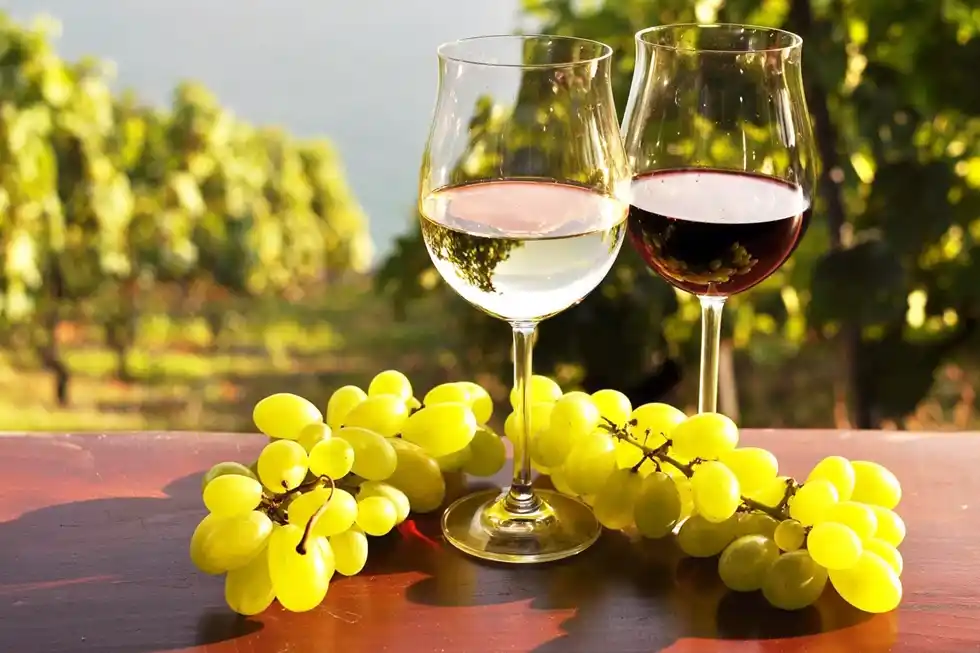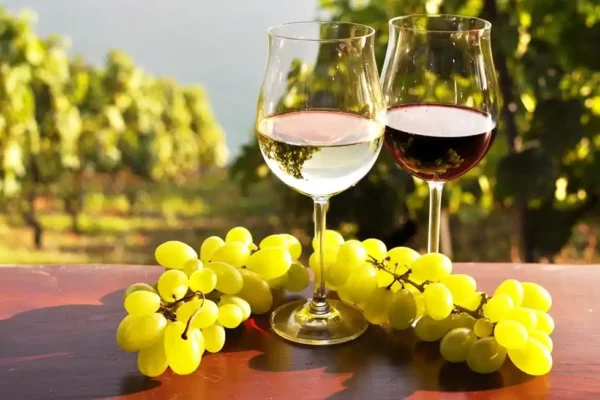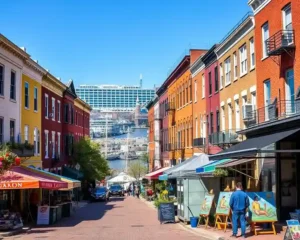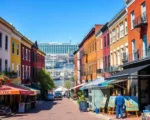Tunisia, a country known for its rich history, vibrant culture, and breathtaking landscapes, also offers a unique experience for wine lovers. The wine regions in Tunisia are steeped in ancient traditions and modern practices, creating a wine tourism niche that’s both intriguing and rewarding. In this article, we will explore why you should visit Tunisia’s wine region in Tunisia, what you can expect, and how to make the most of your wine-tasting journey.

History and Background of Tunisian Wine
Tunisian wine has a history that dates back over 2,000 years. When the Phoenicians first arrived, they brought viticultural knowledge, further developed during the Roman era. Despite the rise and fall of various empires and the introduction of Islamic rule, where alcohol production was generally discouraged, Tunisia’s wine industry survived, mostly due to the demand from foreign occupants and, more recently, tourists.
Today, as you visit Tunisia’s wine region in Tunisia, you will find a blend of ancient techniques and modern technologies that make this region a unique spot for wine production in North Africa.
The Wine Regions of Tunisia
Cap Bon Peninsula
Located northeast of Tunisia, the Cap Bon Peninsula is the heart of the country’s wine production. The Mediterranean climate, characterized by hot, dry summers and mild, wet winters, is ideal for growing various grapes. The region is particularly known for its full-bodied reds and aromatic whites.
Mornag
Just a short drive from the capital, Tunis, Mornag holds a designation of origin status and is another key area when you visit Tunisia’s wine region in Tunisia. The region has developed a reputation for producing excellent quality wines, which are now beginning to gain international recognition.
Grombalia
Located between Tunis and Cap Bon, Grombalia is smaller than Mornag and Cap Bon but is essential for any wine tour. The area is known for its diverse grape varieties, including Syrah, Merlot, and Chardonnay.
Experiencing Wine Tourism in Tunisia
When you visit Tunisia’s wine region in Tunisia, you are not just visiting vineyards and tasting wine; you are immersing yourself in a cultural experience. Many vineyards offer guided tours, explaining the intricate winemaking process from vine to bottle. Afterward, visitors can sample wines in tastings that often include local Tunisian cuisine, which pairs exquisitely with the local wines.
Wine Festivals
Plan your visit to coincide with one of the many wine festivals held in Tunisia. These festivals celebrate the local wine heritage and offer a fantastic opportunity to taste a wide range of wines while enjoying live music and cultural performances.
Educational Tours
For those interested in viticulture and enology, some estates offer educational tours that delve deeper into the science behind winemaking. These tours can highlight your visit to Tunisia’s wine region in Tunisia.
Planning Your Visit
Best Time to Visit
The best time to visit Tunisia’s wine region in Tunisia is during the grape harvest season from August to October. This is when the vineyards are most active, and the scenery is spectacular. However, visiting in the spring also offers beautiful green landscapes and mild weather. “Dragon’s Teeth Maui”
Travel Tips
Accommodation: There are various accommodations ranging from luxury hotels to charming bed and breakfasts in the wine regions.
Transportation: Renting a car is the most convenient way to explore the wine regions at your own pace.
Language: Arabic is the official language, but French is widely spoken in the tourist areas. Learning a few basic phrases in either language can enhance your experience.
Conclusion
A visit to the wine regions of Tunisia offers more than just wine. It’s a journey through history, culture, and gastronomy that leaves visitors with a profound appreciation for this often-overlooked wine destination. Whether you are a wine lover or a curious traveler, when you visit Tunisia’s wine region in Tunisia, you’re in for a treat that will satisfy more than just your palate.
FAQ’s
Are there any wine tours available in English?
Yes, many vineyards and tour operators offer English wine tours, especially those catering to international tourists. It's advisable to book in advance to ensure availability and confirm language options.
What should I wear when I visit Tunisia’s wine region in Tunisia?
Dress comfortably but respect local customs. Lightweight, breathable clothing is ideal for the warm climate. Consider a hat and sunscreen for protection against the sun, especially during vineyard tours.
Can I buy wine directly from the vineyards?
Many vineyards allow visitors to purchase wine directly. This can be a great opportunity to acquire unique vintages that might not be available elsewhere. Some vineyards may also ship internationally so that you can enjoy Tunisian wine at home.








